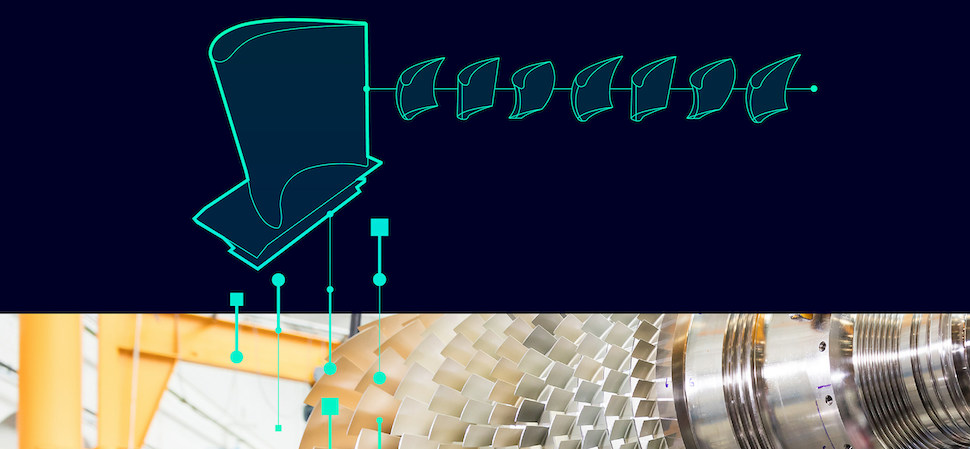Plano-based Siemens Digital Industries Software has launched two new “groundbreaking” solutions for the field of engineering simulation. Together, they aim to empower engineers to tackle “the most complex challenges manufacturers face” by delivering predictive performance with speed, precision, and efficiency.
The first solution, Siemens’ HEEDS AI Simulation Predictor, empowers engineering teams to harness the potential of advanced AI-driven predictive modeling. A new addition to the Siemens Xcelerator portfolio, the solution “can revolutionize design space exploration,” Siemens says.
The second solution, Simcenter Reduced Order Modeling software, harnesses high-fidelity simulation and test data to train and validate AI and ML models. These models then enable engineers to perform predictions in a fraction of a second, Siemens explains, “transforming the way engineering professionals approach simulation.”
Addressing the challenge of ‘AI drift’ with accuracy-aware AI
Siemens noted that one of the most significant challenges in AI-powered simulation is something called “AI drift,” where models extrapolate inaccurately when faced with uncharted design spaces.
To address this, the HEEDS AI Simulation Predictor introduces “accuracy-aware AI.” This new technology actively self-verifies predictions, Siemens said, aiding engineers to conduct simulations that are “not only accurate but also reliable” in the context of real-world industrial engineering applications.
“With HEEDS AI Simulation Predictor, we’ve significantly improved various components of the gas turbine, leading to highly optimized designs and accelerated design cycles,” Behnam Nouri, Team Lead, Engineering & Platform Design at Siemens Energy, said in a statement.
“Our thermo-mechanical fatigue predictions have been effectively upgraded to process ~20,000 design members in only 24 hours, yielding a 20% improvement in component lifetime,” Nouri added. “This has allowed us to fully characterize the limits of our existing design space which is required for high-efficiency turbine engines. The HEEDS AI Simulation Predictor technology has enabled us to save over 15,000 hours of computational time.”
Simcenter uses ‘uses high-fidelity data’ to help engineers make critical decisions, rapidly
Siemens’ new Simcenter Reduced Order Modeling solution uses “high-fidelity data” to enable engineers to gain rapid predictions and to make critical decisions “in a fraction of the time” it would take using conventional methods, the company said.
By training AI/ML models on comprehensive datasets, the tech enables engineers to gain “robust, reliable, and trustworthy insights, helping to eliminate the common issue of AI drift,” Siemens said.
Jurgen Dedeurwaerder, Simulation Engineer, Plastic Omnium, said the Simcenter solution “lets us accelerate our simulation models to the point where a detailed fuel cell plant model runs faster than real time, with the same accuracy as a full system model.”
“This enables activities such as model-in-the-loop controller development and testing to be done faster, shortening the overall development cycle by around 25%,” Dedeurwaerder added in a statement. “At the same time, it gives us a reliable, IP protected, and cost-effective way to distribute models to other teams, both internally and to our customers to augment their own products and processes, resulting in better quality products delivered to end users.”
‘A true breakthrough’
“HEEDS AI Simulation Predictor and Simcenter Reduced Order Modeling represent a true breakthrough in simulation technology, said Jean Claude Ercolanelli, SVP of Simulation and Test Solutions at Siemens Digital Industries Software. “They enable our customers to take advantage of benefits of artificial intelligence-driven simulation to speed their exploration of a design space and to do so accurately and robustly.”
“It also enables them to not only use these breakthrough technologies on new projects, but to leverage decades of past simulation data to help deliver new insights on current projects,” Ercolanelli added.































